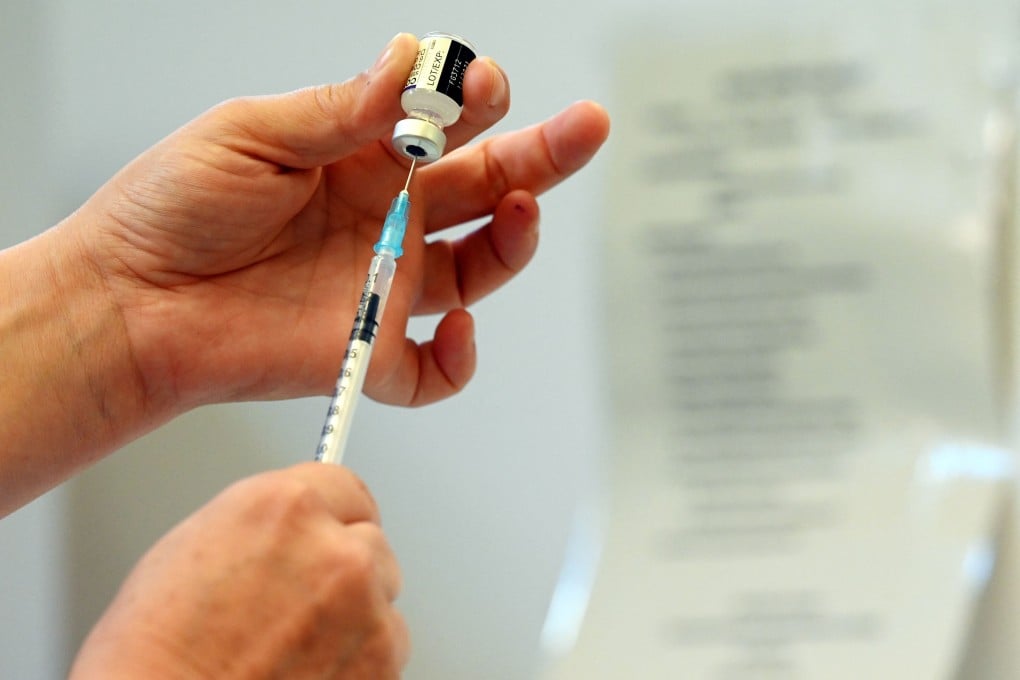From Hong Kong to Australia, how much death and sickness lie ahead as vaccination rates max out?
- Statistically, societies may have to accept more Covid-19 deaths than those caused by the flu to move beyond the likes of lockdowns and border closures
- Among territories with fully vaccinated populations of more than 70 per cent, mortality rates vary, but health experts say the time for this conversation is nigh

Possible answers to that question are coming into view as a growing number of territories get close to their maximum vaccination rates.
While European countries with high vaccination rates have largely returned to normal life, living with Covid-19 could prove more difficult to accept for Asia-Pacific economies that avoided even flu-level death rates by sealing their borders.
“My personal feeling is that, after brainwashing people in many places with this fight against the virus and suppressing it, telling people that everything would be back to normal with a vaccine, politicians are finding the inconvenient and unpalatable truth difficult to sell,” said Roberto Bruzzone, an infectious-disease expert and co-director of the HKU-Pasteur Research Pole in Hong Kong.
“It seems that we can die of all kinds of diseases, but not of Covid-19. We do not need numbers to be anaesthetised and trivialise suffering, but death is part of life and we need to keep this pandemic in perspective.”
